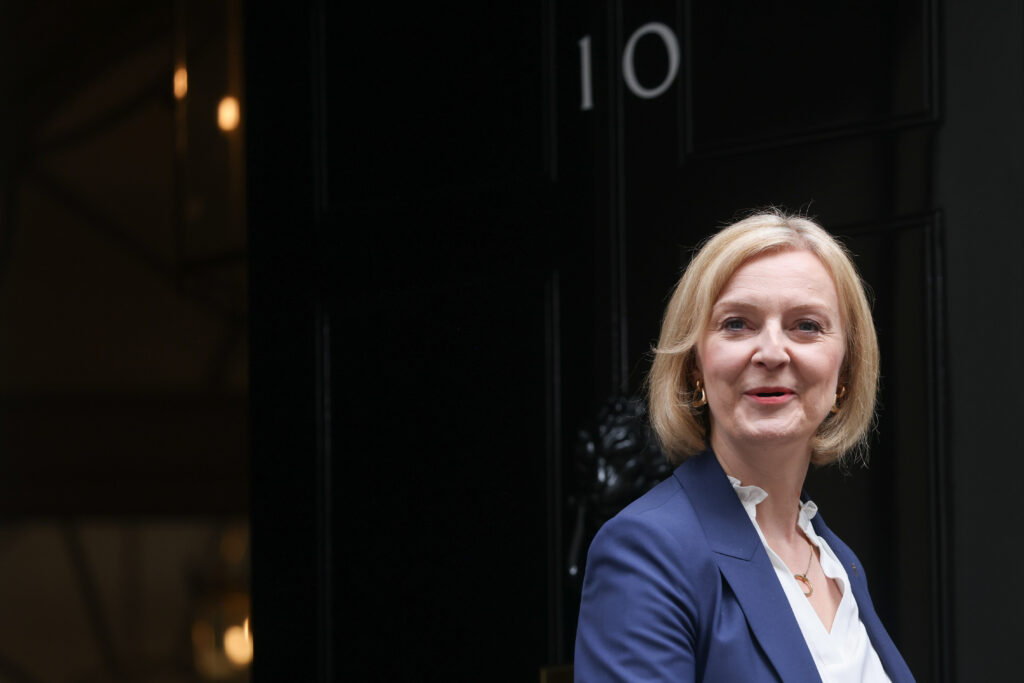At Liz Truss’s inaugural Prime Minister’s Questions today the key dividing line between Labour and the government was drawn: who is going to pay for the government’s enormous energy aid package?
A challenge for Keir Starmer in recent years has been distinguishing his party from the Conservatives. The Covid-19 pandemic necessitated broad support for the government, lest he be seen as unpatriotic. The same applied to the war in Ukraine. Today he sensed an opportunity to stand out.
The government seems likely to adopt Labour’s policy of freezing the energy price cap, but while Labour has proposed a windfall tax on energy companies’ profits to pay for it Truss is expected to fund her measures through debt, which would place the burden on the taxpayer. “The real choice, the political choice, is who is going to pay,” Starmer said, retaining his collected, legalistic approach to PMQs. “Is [the Prime Minister] really telling us that she’s going to leave these vast excess profits on the table and make working people foot the bill for decades to come?”
That’s a wise line of attack. It allows Labour to accuse the Tories of taking money from working people to subsidise the profits of wealthy executives. Starmer’s fifth question ran: “Families and public services need every penny they can get. How on earth does she think that now is the right time to protect Shell’s profits and give Amazon a tax break?”

Truss’s performance was assured and steady; she’s more comfortable parrying over the dispatch box than speaking on the steps of Downing Street. Her mantra remains tax cuts. She reaffirmed her opposition to a windfall tax on the profits gas and energy companies have made from rising prices and committed to halting the planned rise in corporation tax.
It’s worth remembering that the introduction of a first windfall tax on oil and gas companies in May has been Labour’s only major policy victory. At the time, polling showed that even Tory voters supported the policy. This could prove risky territory for Truss.
One of the key dividing lines between Starmer and Boris Johnson was style. Partly because the two leaders were so different. Partly because the pandemic and the war in Ukraine forced Starmer to align himself with the government. Only Johnson was going to win a battle of style over substance. Today Starmer was on more comfortable ground. He no longer needs to compete with Johnson’s boisterous charisma. He doesn’t need to quote Love Island or stay up all night writing jokes. Instead he can point to the clear policy differences between Labour and the government. At PMQs at least, ideology is back.
[See also: What Liz Truss means for Labour]






